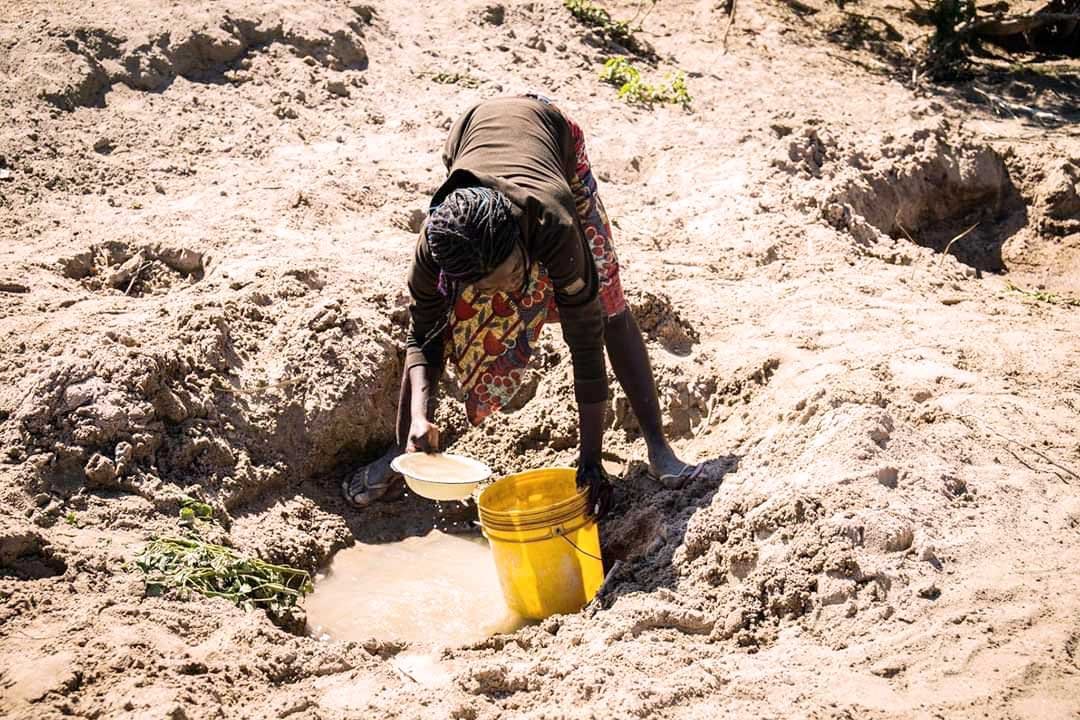Zambia Mobilizes Resources as National Emergency
Zambian President Hakainde Hichilema declared a national disaster and emergency due to a severe drought that has devastated the country’s food production and power generation. Hichilema attributed the drought to the El Niño phenomenon, exacerbated by climate change. In a national address, he stated that 84 out of 116 districts in Zambia are affected, prompting urgent measures to address food shortages and electricity deficits.
The president called security forces to prioritize food production and outlined plans to redistribute surplus food from unaffected areas to those in need. Acknowledging the widespread impact on agriculture, water resources, and energy supply, Hichilema highlighted the threat to national food security and the livelihoods of millions of people. The drought has destroyed approximately one million hectares of planted corn, a staple crop in Zambia.
To cope with the electricity deficit, which is expected to reach 520 megawatts by December, the country will import and implement rationing for its 20 million inhabitants. Zambia’s primary source of hydroelectric power, the Kariba Dam, is experiencing reduced water levels, affecting electricity production. This announcement comes as Zambia is still grappling with the aftermath of one of its worst cholera outbreaks, which claimed over 400 lives and infected more than 10,000 people.
The persistent crises, including the recent drought, have led some Zambians to refer to the situation as a “triple tragedy,” encompassing the impacts of the coronavirus pandemic, cholera epidemic, and the current drought. President Hichilema urged citizens to remain resilient amid the challenges and emphasized the need for coordinated efforts to mitigate the effects of the drought on food security and energy supply.
Several countries in southern Africa face similar challenges due to the El Niño weather phenomenon. Parts of Zambia, Zimbabwe, and Botswana are experiencing the driest February in four decades. The World Food Programme warns of severe rainfall shortages in southern Malawi, eastern Angola, and some parts of Mozambique. The United States Agency for International Development estimates that 20 million people in Africa will require food aid between January and March due to the impact of El Niño. The situation underscores the urgent need for regional and international collaboration to address the humanitarian crisis and build resilience against climate-related challenges.

















